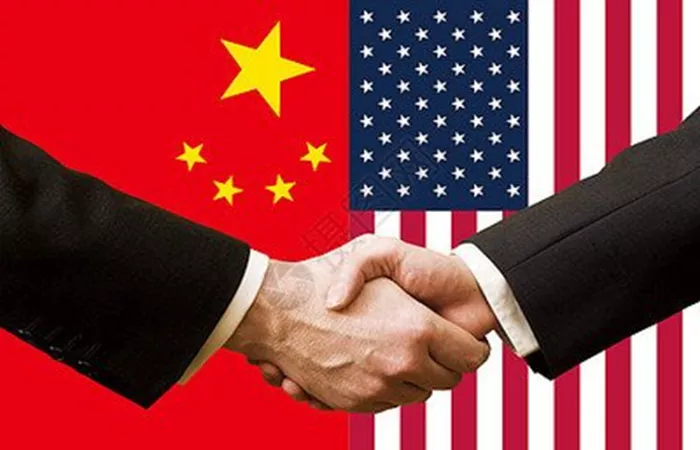The Chinese Foreign Ministry announced on the 7th that Vice Premier He Lifeng will visit the UK from June 8 to 13 at the British government’s invitation. During this visit, the first meeting of the China-US economic and trade consultation mechanism will be held. US President Trump confirmed via social media on June 6 that Treasury Secretary Besant, Commerce Secretary Lutnick, and Trade Representative Greer would meet with Chinese representatives in London on the 9th.
This marks the second major trade negotiation since the tariff war began. While China has implemented the May 12 Geneva agreements in good faith, the US has imposed further restrictions on Chinese semiconductor products, drawing criticism from Beijing.
Global Markets Watch Closely as Tech and Rare Earths Take Center Stage
Singapore’s Lianhe Zaobao reported the London talks would focus on tariffs, technology restrictions, and rare earth exports. The negotiations come just days after the June 5 phone conversation between the two countries’ leaders, with Trump predicting “the talks should go well.”
French international radio noted the resumption of trade discussions between the world’s two largest economies has drawn significant market attention worldwide. Reuters observed the talks occur against a backdrop of renewed tensions following the temporary Geneva agreement, which didn’t address deeper structural issues in the bilateral economic relationship.
Expanded US Delegation Signals Broader Agenda
Analysts highlight the inclusion of Commerce Secretary Lutnick in the US delegation as particularly significant. CNN reports this suggests technology export controls may now be on the negotiating table, while Bloomberg speculates about potential reconsideration of some growth-limiting restrictions.
However, the South China Morning Post cautions that with known trade hawks Lutnick and Greer participating, the negotiations face substantial challenges. This assessment follows reports of new US restrictions on nuclear technology exports to China, announced just days before the London meeting.
Rare Earths vs. Semiconductors: The New Battlefront
The negotiations unfold amid an escalating “rare earths versus chips” confrontation, as described by Lianhe Zaobao. While US officials have emphasized concerns about Chinese rare earth export controls, Beijing maintains these measures comply with international norms and aren’t country-specific.
Analysts from policy consultancy Trivium China note the US remains critically dependent on Chinese rare earth processing, estimating a decade would be needed to establish alternative supply chains. Meanwhile, Chinese firms have reportedly developed viable alternatives to most US semiconductor products.
US Businesses Resist Relocation Despite Political Pressure
A recent American Chamber of Commerce in China survey reveals most US firms have no plans to leave China despite tariff pressures. Notably, no surveyed companies reported relocating production back to the United States, opting instead for localization or third-country alternatives.
As the talks commence, Chinese Ambassador to the US Xie Feng emphasized during a cultural event that neither cold wars nor tariff wars represent viable solutions. He urged mutual efforts to implement the leaders’ consensus and create conditions for normalized relations.
Diplomatic Win for UK as Mediator
British media has framed the London talks as a diplomatic coup for the UK. Sky News highlights Britain’s unique geopolitical position – simultaneously rebuilding ties with China while seeking a US trade agreement – makes it an ideal mediator for the high-stakes negotiations.
Related topics:
- Top Brokerage Weekly Strategies: Focus on Capacity Clearance Inflection Points and Rise of New Consumption, Seize High Dividend Target Allocation Opportunities
- CITIC Securities: CD Rate Uptick Risks Controllable, 1.75% Zone Presents Attractive Allocation Opportunity
- China Debuts Pioneering Pension Bed Utilization-Linked Loan in Sichuan


